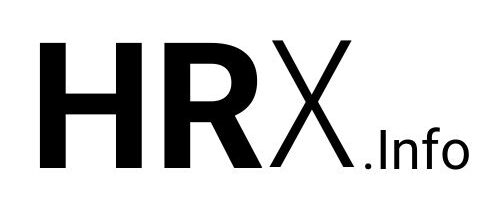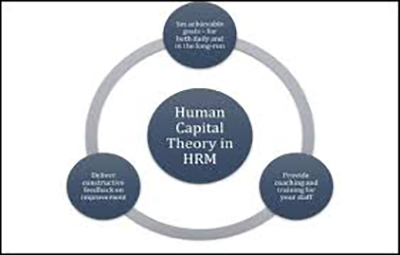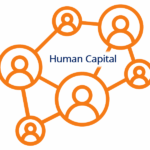Human Capital Theory is a microeconomic labor market theory that analyzes how individuals’ investments in their own education and skills influence income levels, job selection, and employment duration. Departing from the traditional assumption of homogeneous labor, the theory treats workers as unique economic agents whose productivity and earnings potential can be enhanced through targeted personal development.
The core premise is that individuals make optimization decisions by investing in their human capital—primarily through education and training—to increase their market value and earning potential. These investments may be:
-
General (e.g., formal education or transferable skills),
-
or Company-specific, such as training tailored to the needs of a particular organization.
Such company-specific investments often contribute to longer, more stable employment relationships. Because the acquired knowledge is valuable primarily within the firm, employers have an incentive to offer competitive wages to retain skilled employees, thereby reducing turnover.
Human Capital Theory plays a foundational role in understanding income distribution, wage inequality, and career development, and is widely applied in economics, HR strategy, and public policy.
« Back to Glossary Index





![15 Employee Offboarding Templates That Save Hours of HR Time [Free Downloads] 15 Employee Offboarding Templates That Save Hours of HR Time [Free Downloads]](https://i1.wp.com/www.hrcloud.com/hubfs/Header.png?w=150&resize=150,100&ssl=1)
